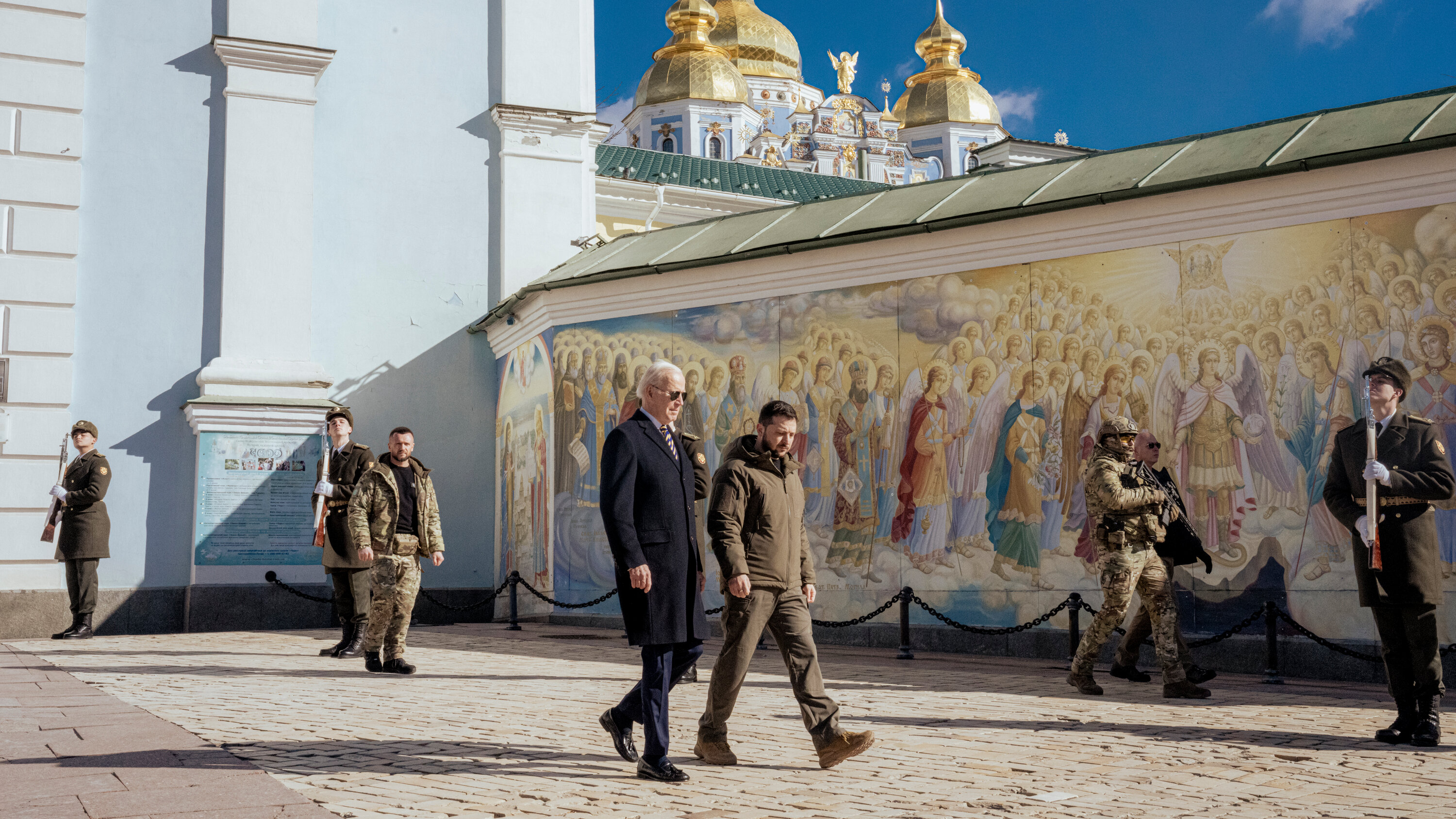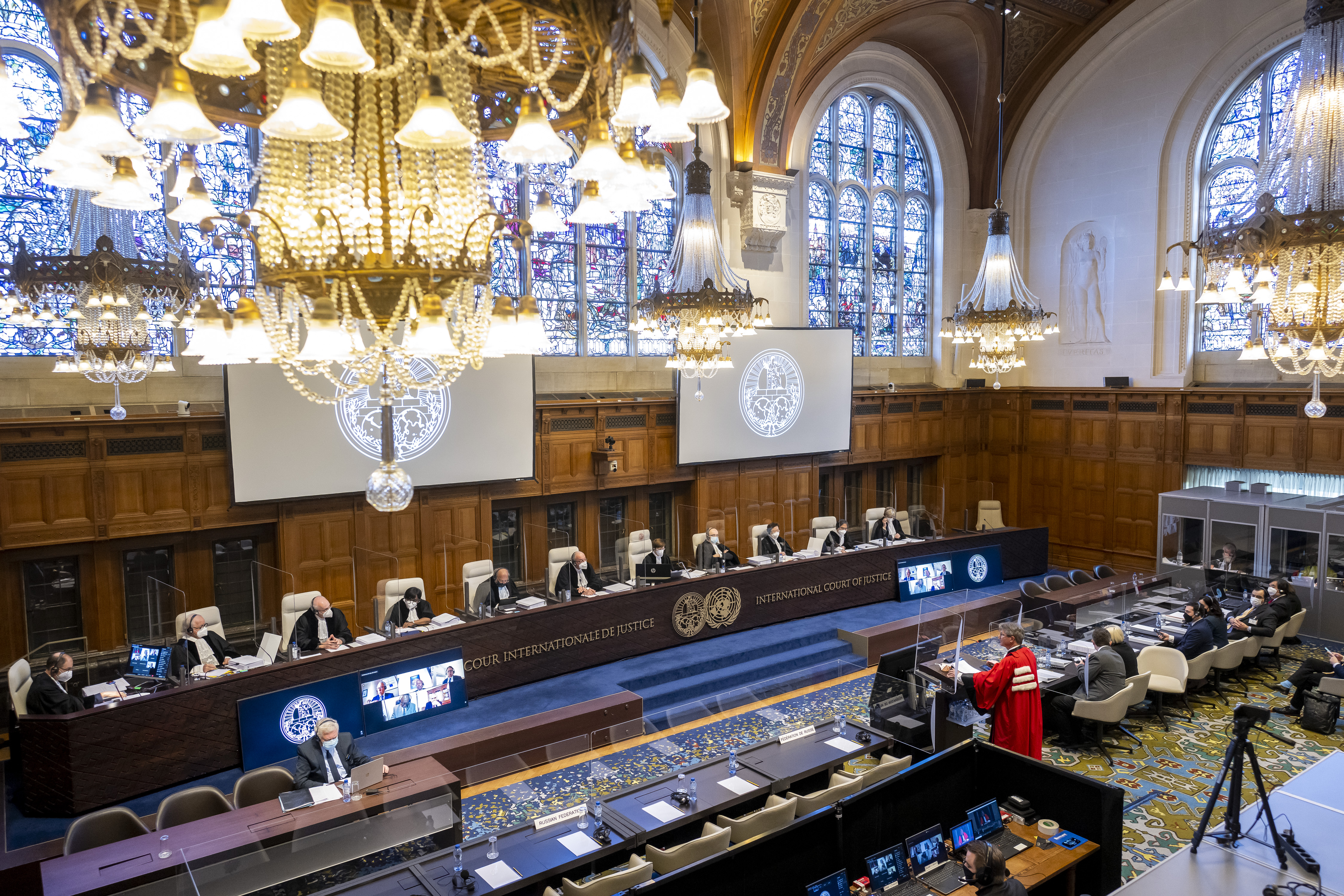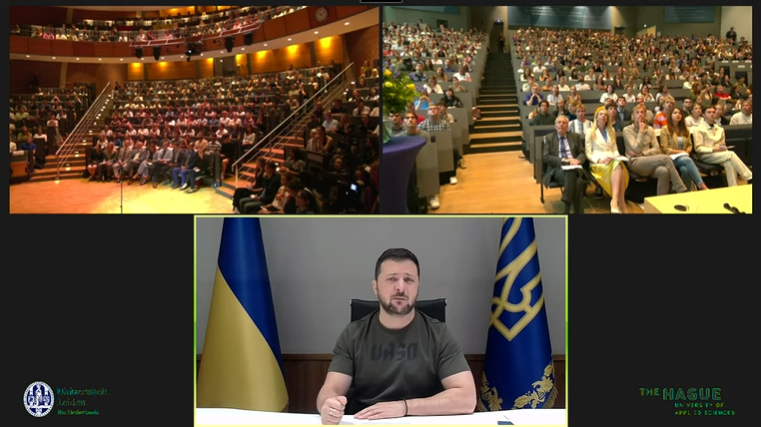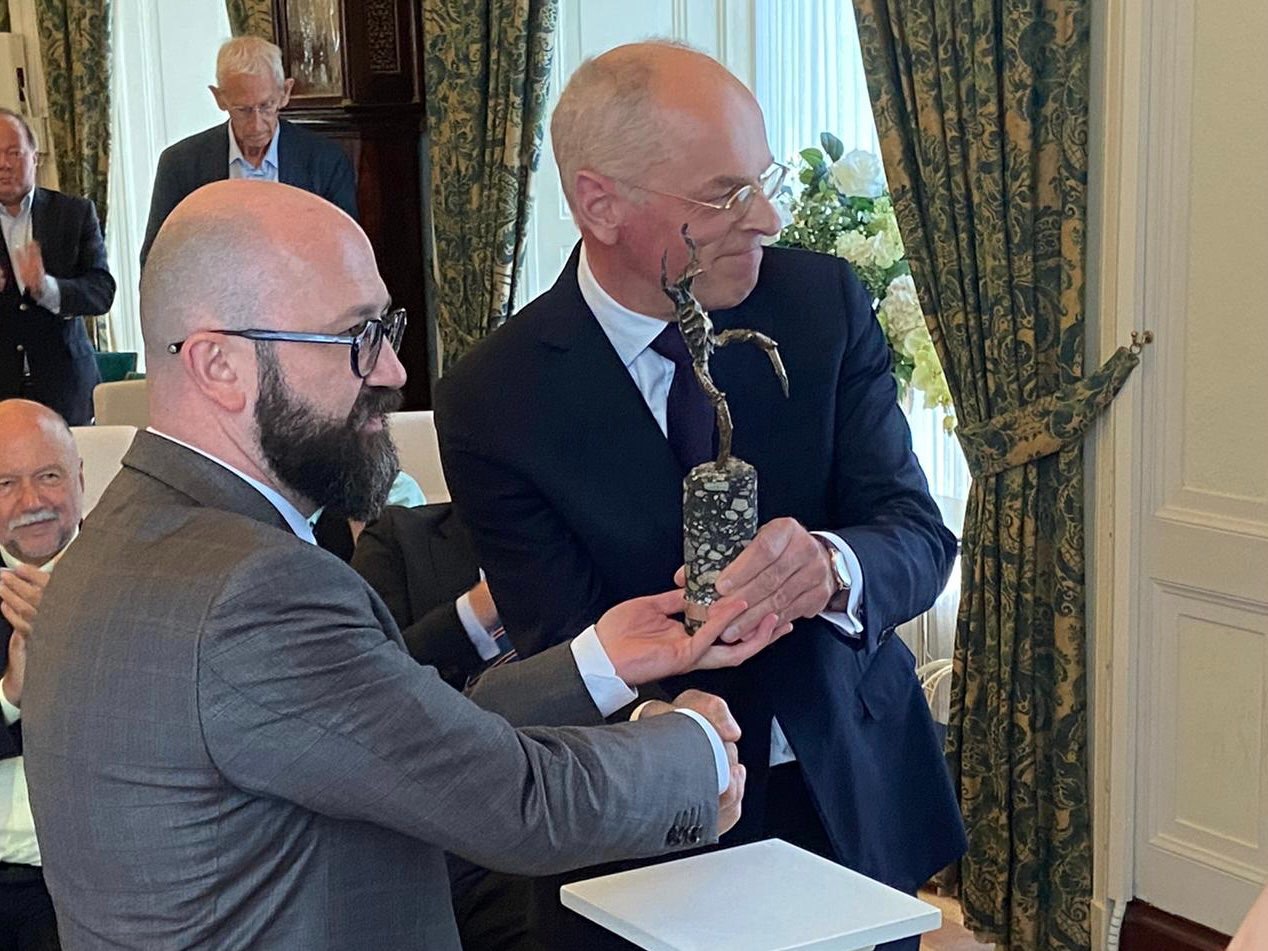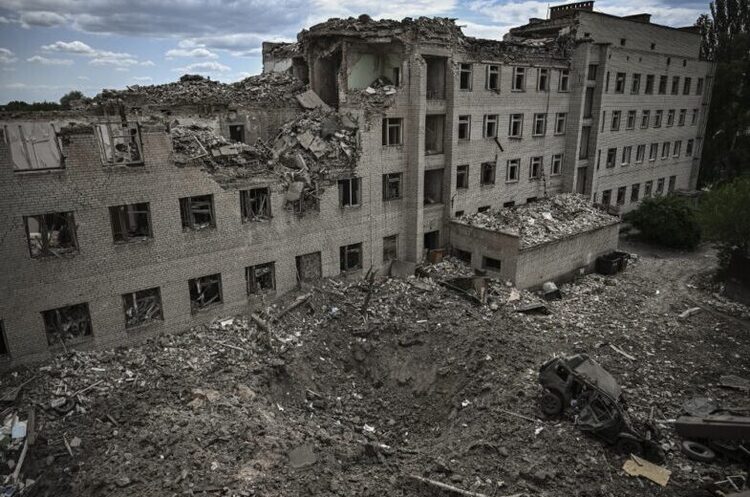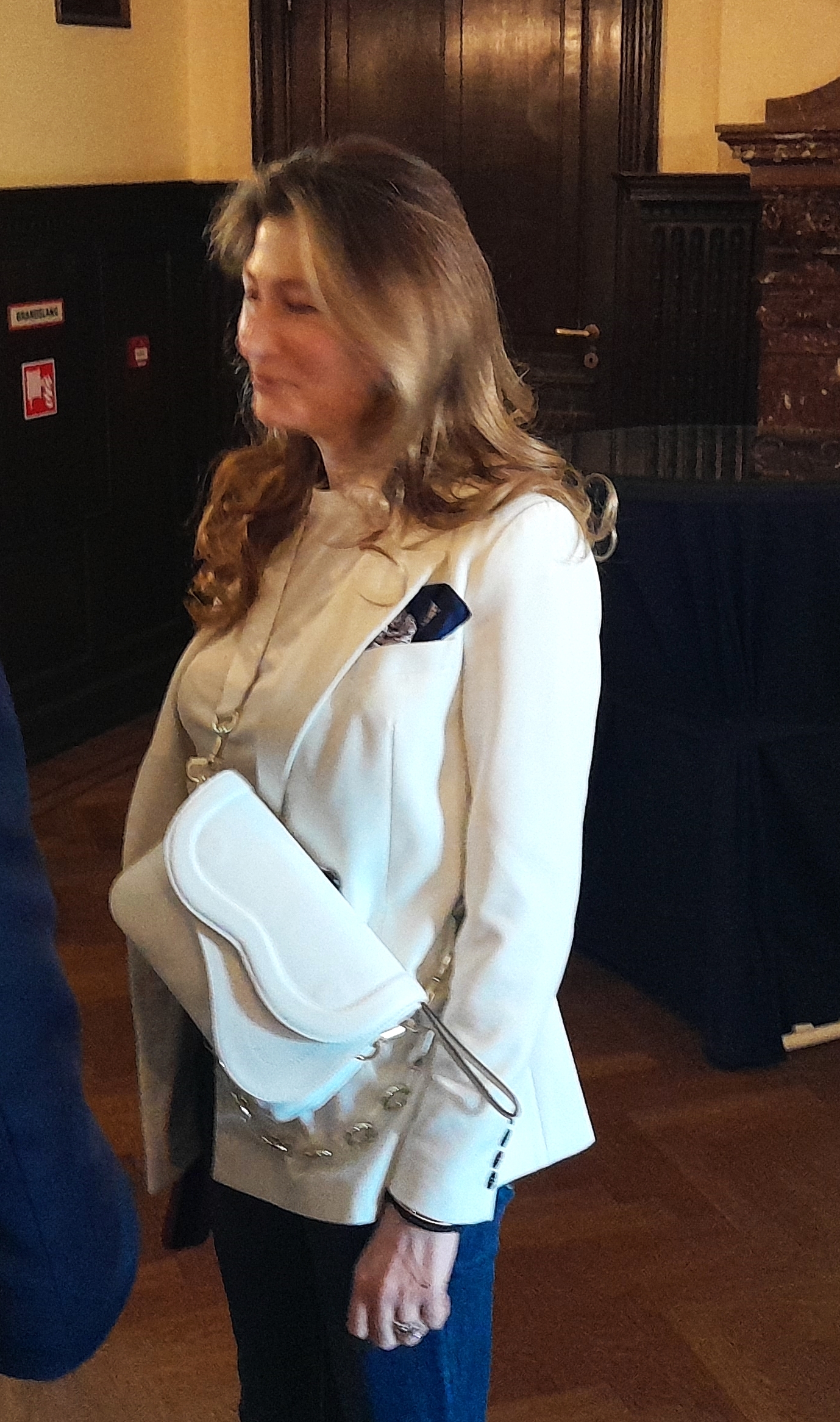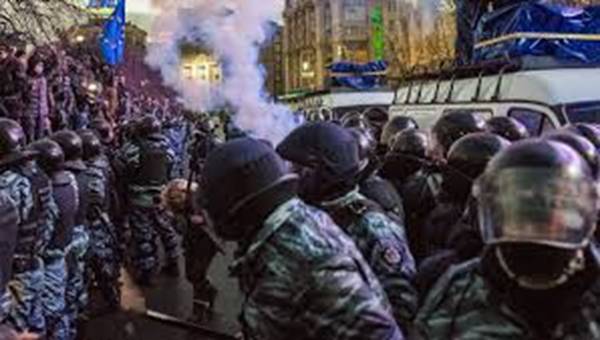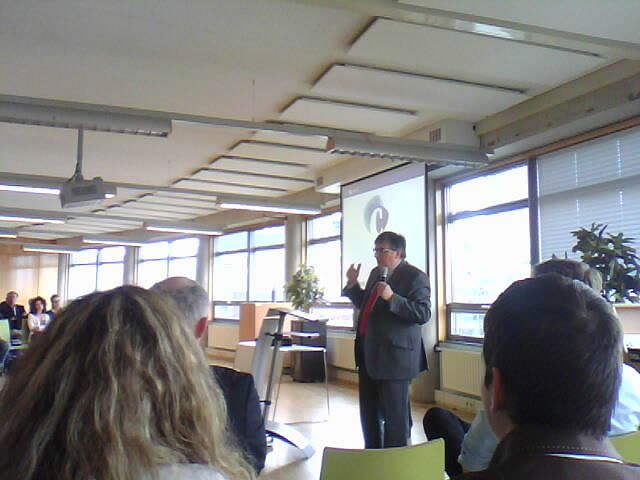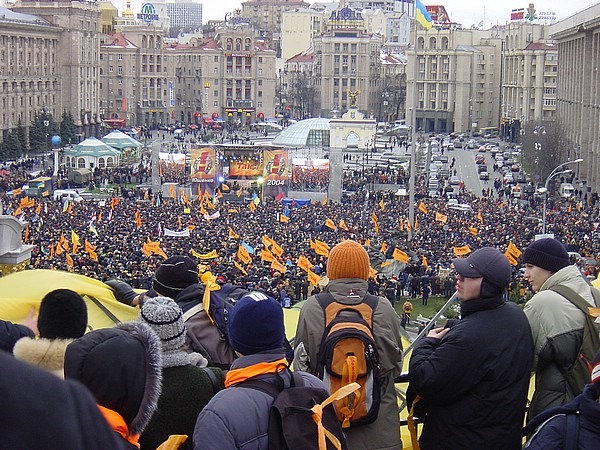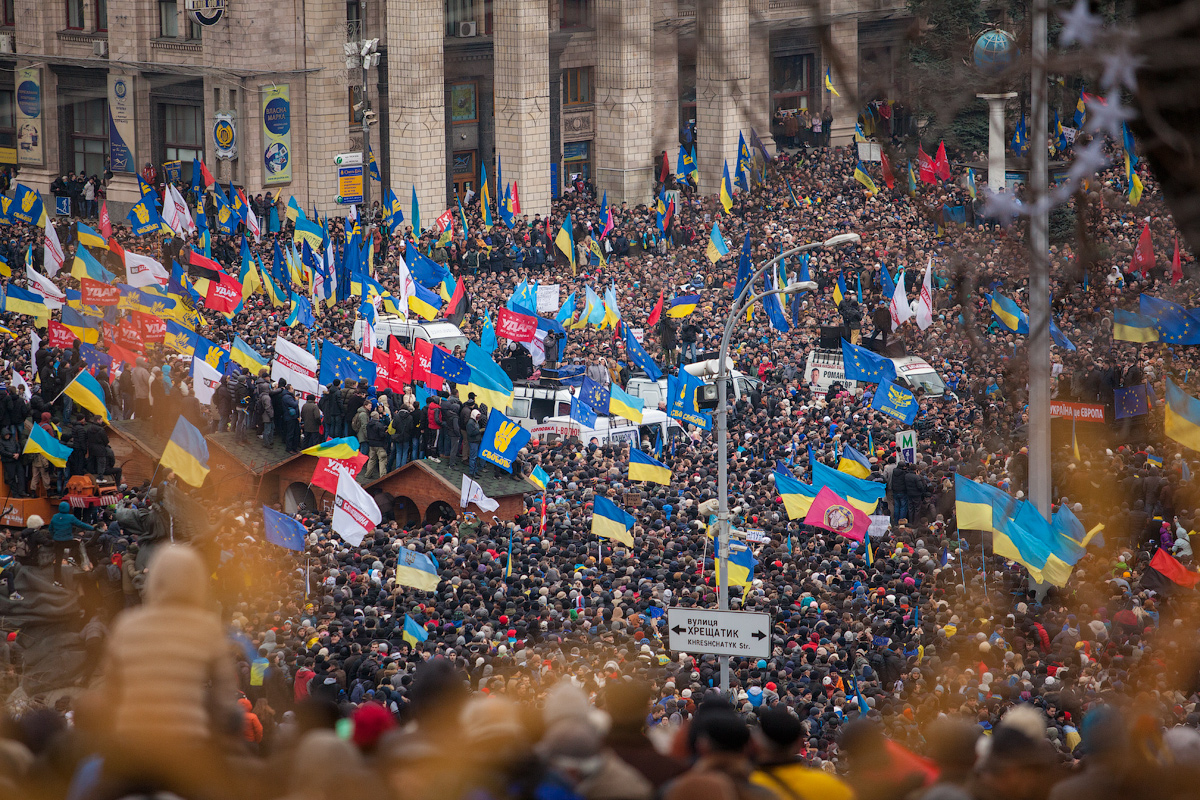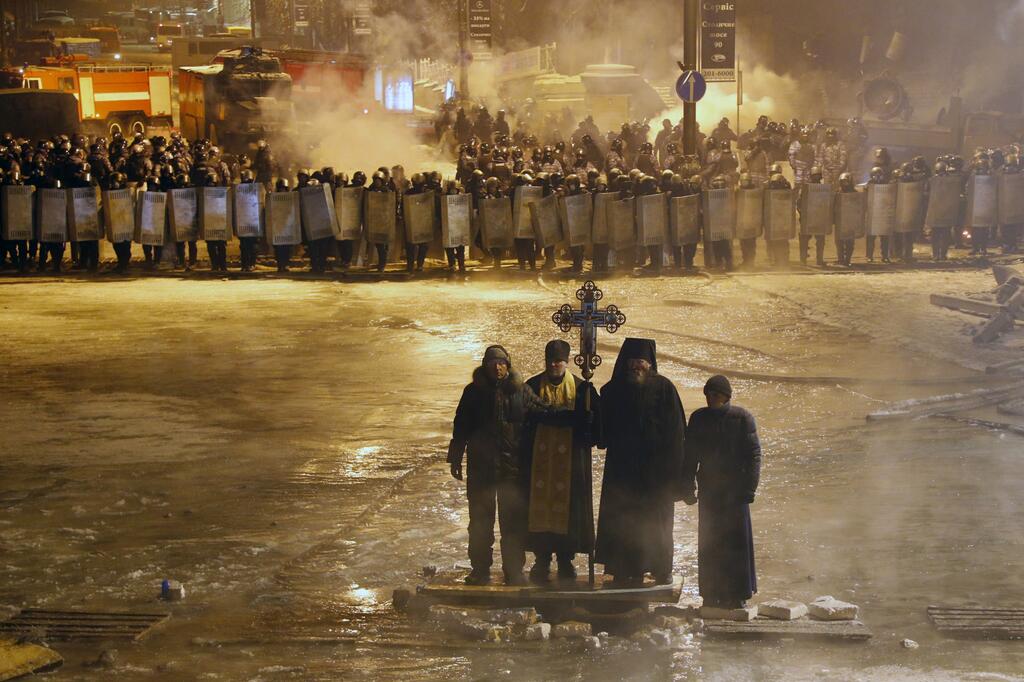Thursday, 20 February 2014 it was announced that the US will coordinate with the European Union in response to ongoing violence in Ukraine, with sanctions being considered, the White House said Wednesday. President Barack Obama was expected to address the violence as telling reporters aboard Air Force One en route to the city. "We continue to watch events very closely, including who we believe is responsible for violence, and we've made clear that we would consider taking action against individuals who are responsible for acts of violence in Ukraine," deputy National Security Adviser said. "We have a toolkit for doing that that includes sanctions."
"Events like what we saw yesterday are clearly going to impact our decision making," he added, noting the US and EU would change their calculus if the Ukrainian government pulls back riot police from Independence Square in Kiev, the capital, releases prisoners and pursues dialogue with the opposition. Early Wednesday, riot police continued a massive assault on protesters camped on Independence Square, after the bloodiest outburst of violence in nearly three months of demonstrations killed at least 26 people and injured 388 overnight there. "I think the scenes that we saw in Kiev yesterday were completely outrageous and have no place in the 21st century," Rhodes said. In his phone conversation with Ukrainian President Viktor Yanukovych Tuesday, US Vice President Joseph Biden urged the government to de-escalate the situation by pulling back riot police and starting an "immediate" dialogue with the opposition.
Ukraine is a republic under a semi-presidential system with separate legislative, executive, and judicial branches. Since the dissolution of the Soviet Union, Ukraine continues to maintain the second-largest military in Europe, after that of Russia. The country is home to 46 million people, 77.8 percent of whom are ethnic Ukrainians, with sizable minorities of Russians (17%), Belarusians and Romanians. Ukrainian is the official language of Ukraine; its alphabet is Cyrillic. Russian is also widely spoken. The dominant religion in the country is Eastern Orthodox Christianity, which has strongly influenced Ukrainian architecture, literature and music.
On 16 July 1990, the new parliament adopted the Declaration of State Sovereignty of Ukraine. The declaration established the principles of the self-determination of the Ukrainian nation, its democracy, political and economic independence, and the priority of Ukrainian law on the Ukrainian territory over Soviet law. A month earlier, a similar declaration was adopted by the parliament of the Russian SFSR. This started a period of confrontation between the central Soviet, and new republican authorities. In August 1991, a conservative faction among the Communist leaders of the Soviet Union attempted a coup to remove Mikhail Gorbachev and to restore the Communist party's power. After the attempt failed, on 24 August 1991 the Ukrainian parliament adopted the Act of Independence in which the parliament declared Ukraine as an independent democratic state.A referendum and the first presidential elections took place on 1 December 1991. That day, more than 90 percent of the Ukrainian people expressed their support for the Act of Independence, and they elected the chairman of the parliament, Leonid Kravchuk to serve as the first President of the country. At the meeting in Brest, Belarus on 8 December, followed by Alma Ata meeting on 21 December, the leaders of Belarus, Russia, and Ukraine, formally dissolved the Soviet Union and formed the Commonwealth of Independent States (CIS).
Although the idea of an independent Ukrainian nation had previously not existed in the 20th century in the minds of international policy makers, Ukraine was initially viewed as a republic with favorable economic conditions in comparison to the other regions of the Soviet Union. However, the country experienced deeper economic slowdown than some of the other former Soviet Republics. During the recession, Ukraine lost 60 percent of its GDP from 1991 to 1999, and suffered five-digit inflation rates. Dissatisfied with the economic conditions, as well as the amounts of crime and corruption in Ukraine, Ukrainians protested and organised strikes. |

